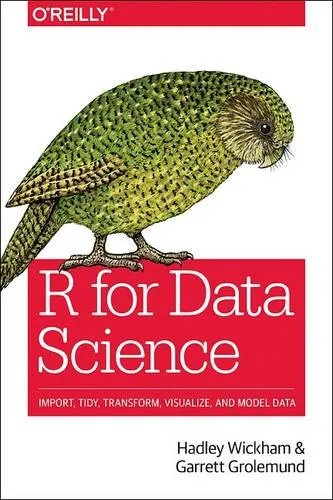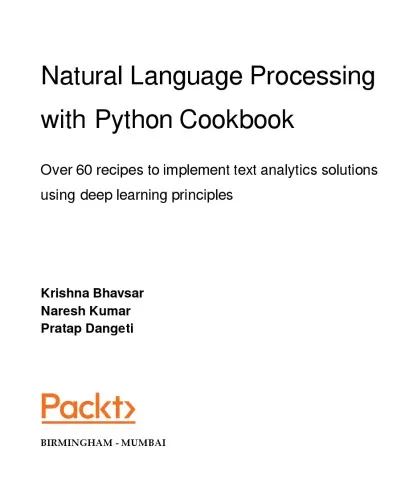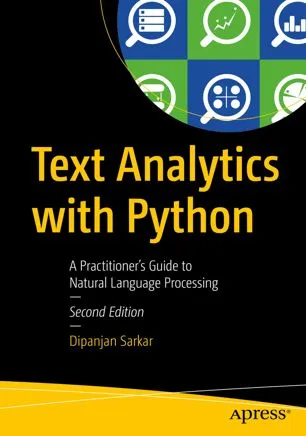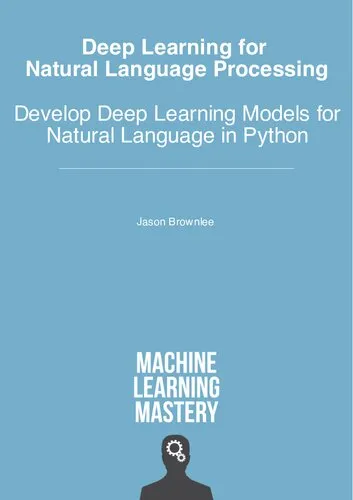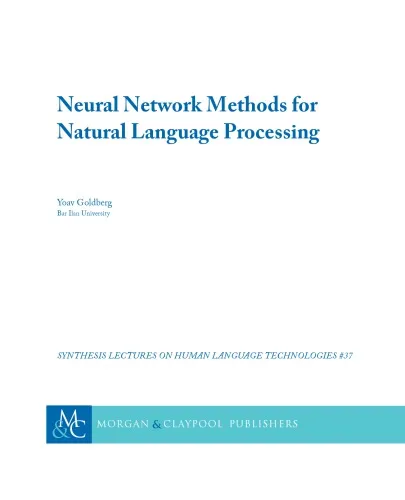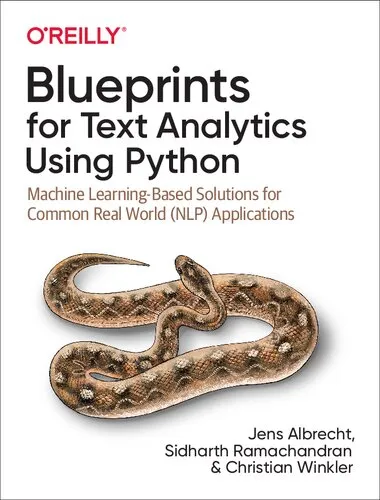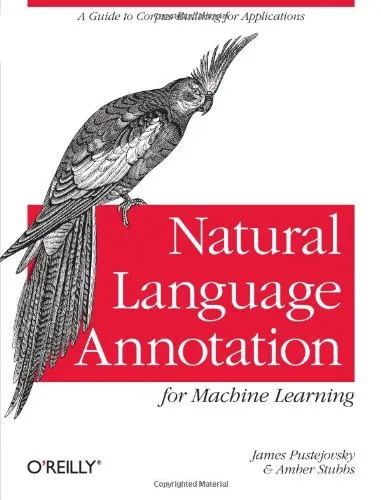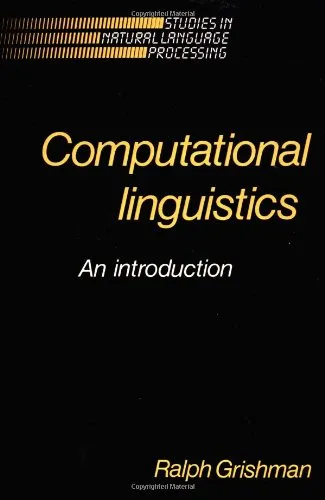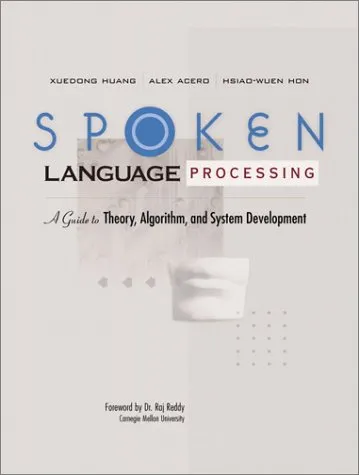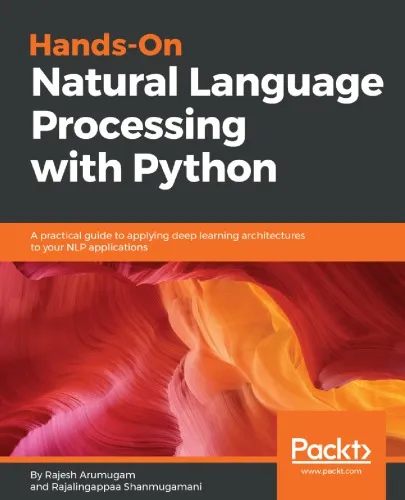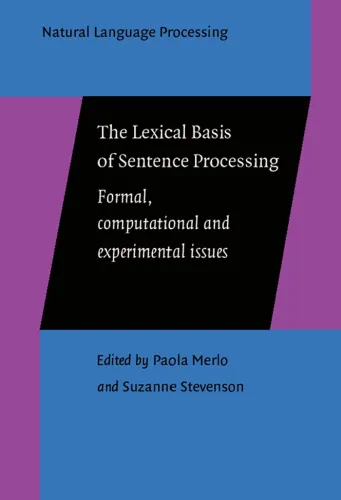Semi-Supervised Learning
4.5
Reviews from our users

You Can Ask your questions from this book's AI after Login
Each download or ask from book AI costs 2 points. To earn more free points, please visit the Points Guide Page and complete some valuable actions.Related Refrences:
Introduction to Semi-Supervised Learning
"Semi-Supervised Learning" is a comprehensive and pathbreaking resource that offers an in-depth exploration of an essential branch of machine learning. Written by Olivier Chapelle, Bernhard Schölkopf, and Alexander Zien, this book elucidates the foundational concepts, theories, methodologies, and real-world applications of semi-supervised learning algorithms. Its central focus revolves around leveraging both labeled and unlabeled data to achieve optimal predictive performance, making it a critical read for researchers, data scientists, and practitioners who want to harness the potential of minimal supervision in machine learning.
As labeled data often comes with a significant cost in terms of time and resources, many contemporary challenges in data analysis require us to maximize the utility of unlabeled data. This book discusses not only the theoretical underpinnings of semi-supervised learning but also provides practical guidance on implementing these methods effectively. By bridging the gap between theory and practice, this book empowers readers to develop innovative approaches to machine learning and address limitations posed by sparsely labeled datasets.
Detailed Summary of the Book
"Semi-Supervised Learning" delves deeply into the framework of learning algorithms that utilize both labeled and unlabeled data. The book is structured into multiple sections that begin with foundational knowledge on machine learning paradigms and then expand into the specifics of semi-supervised techniques. Topics covered include classification, regression, clustering, manifold learning, and transductive inference. The authors provide careful analysis of various algorithms such as graph-based methods, self-training, co-training, and expectation-maximization (EM) within the context of semi-supervised learning.
One of the standout features of this book is its emphasis on mathematical rigor while maintaining an accessible narrative. The book skillfully explains how unlabeled data can enhance learning performance by introducing additional constraints or exploiting the underlying structure of the data. It also ventures into the role of graphical models and kernel methods in semi-supervised learning, ensuring readers acquire both a solid theoretical foundation and practical implementation insights.
Additionally, the authors discuss real-world applications where semi-supervised learning is particularly impactful. Areas such as natural language processing, bioinformatics, computer vision, and fraud detection are explored, providing inspiring case studies that highlight the versatility and power of semi-supervised approaches.
Key Takeaways
- Understanding the core principles of semi-supervised machine learning and how it differs from fully-supervised and unsupervised methods.
- Comprehension of algorithms like graph-based methods and co-training, which efficiently leverage unlabeled data.
- Awareness of the mathematical frameworks and models required to build robust semi-supervised systems.
- Practical knowledge of how to apply semi-supervised learning techniques to real-world datasets and scenarios.
- Insights into the ethical and computational challenges posed by semi-supervised learning, as well as strategies to overcome them.
Famous Quotes from the Book
The authors' profound insights shine through in several thought-provoking statements, including:
"The challenge in semi-supervised learning lies in effectively utilizing unlabeled data to impose constraints and regularity that improve model generalization."
"Semi-supervised learning fundamentally bridges the gap between the abundance of unlabeled data and the scarcity of labeled data, transforming limitations into opportunities."
Why This Book Matters
In today's era of big data, where unlabeled data is abundant and labeled data remains expensive or difficult to obtain, semi-supervised learning emerges as a pivotal solution. This book provides a crucial foundation for harnessing the power of unlabeled data, making it indispensable for advancing fields like artificial intelligence, data science, and computational research.
Moreover, "Semi-Supervised Learning" occupies a unique position in the machine learning literature. By presenting a cohesive framework for combining theory and application, the authors appeal to both academic audiences and industry practitioners. It encourages innovation by addressing challenges such as scalability, sparsity, and performance optimization in varied domains.
This book enriches the reader's understanding of contemporary trends in machine learning and equips them with the tools to make data-driven decisions in uncertain or resource-constrained environments. Its lasting impact lies in enabling efficient, scalable, and intelligent systems that rely on limited labeled data while leveraging the full potential of the unlabeled data universe.
Free Direct Download
You Can Download this book after Login
Accessing books through legal platforms and public libraries not only supports the rights of authors and publishers but also contributes to the sustainability of reading culture. Before downloading, please take a moment to consider these options.
Find this book on other platforms:
WorldCat helps you find books in libraries worldwide.
See ratings, reviews, and discussions on Goodreads.
Find and buy rare or used books on AbeBooks.
1410
بازدید4.5
امتیاز0
نظر98%
رضایتReviews:
4.5
Based on 0 users review
Questions & Answers
Ask questions about this book or help others by answering
No questions yet. Be the first to ask!

